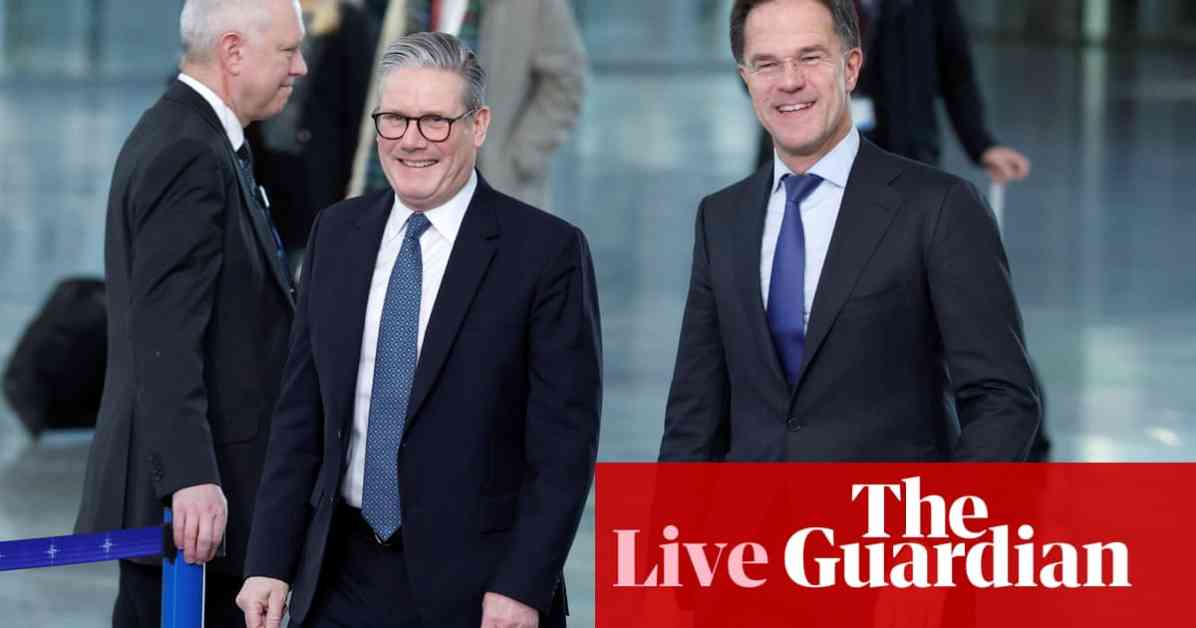At a recent UK lobby briefing, Downing Street emphasized the fairness and balance of the UK’s trading relationship with the US, pushing back against potential tariffs on British imports. This response came after President Trump hinted at imposing tariffs, suggesting an imbalance in current trade arrangements. However, the PM’s spokesperson defended the existing trading relationship, highlighting its benefits on both sides of the Atlantic.
The UK and the US share a crucial trading alliance, worth around £300bn, with reciprocal investments of £1.2tn in each other’s economies. The spokesperson expressed a commitment to free and open trade, emphasizing the strength of the UK-US trade relationship. Amidst discussions of a potential trade surplus, depending on the source of statistics, the spokesperson also addressed Starmer’s belief in Trump as a trustworthy partner, highlighting constructive conversations between the two leaders.
However, questions about potential tariffs and retaliatory measures remained unanswered, as the spokesperson avoided commenting on hypothetical situations. Additionally, the UK’s stance on intervening in trade disputes, such as the ongoing conflict between Canada and the US, was clarified, stressing the importance of the UK-US trade relationship.
Amidst these trade discussions, the Green party called for the abolition of Ofsted, criticizing the proposed new report cards. The National Education Union also expressed concerns about the impact of cuts on education, urging a focus on children’s life chances. In response, the education secretary emphasized the importance of prioritizing children and families, despite criticisms from unions.
On a different note, former Labour Foreign Office minister Chris Mullin shared his perspective on potential US tariffs, suggesting a shift towards closer ties with Europe. This sentiment was echoed by the Scottish Conservatives, highlighting the complexities of international trade dynamics amidst global uncertainties.
Furthermore, the Lib Dems called for joint retaliation against US tariffs on Canada, urging a unified response from Commonwealth leaders. This call for solidarity in the face of trade challenges reflects ongoing efforts to navigate the shifting landscape of global commerce.
In a separate revelation, Keir Starmer’s personal email account was reportedly compromised in a suspected Russian hack, prompting security measures to address potential breaches. This incident, detailed in a new book about Starmer’s political journey, adds a layer of complexity to his leadership narrative.
Overall, the intricate web of trade relations, security concerns, and political dynamics underscores the complexities of international diplomacy in a rapidly evolving global landscape. As leaders navigate these challenges, the importance of strategic alliances, economic resilience, and diplomatic acumen remains paramount in shaping future outcomes.

